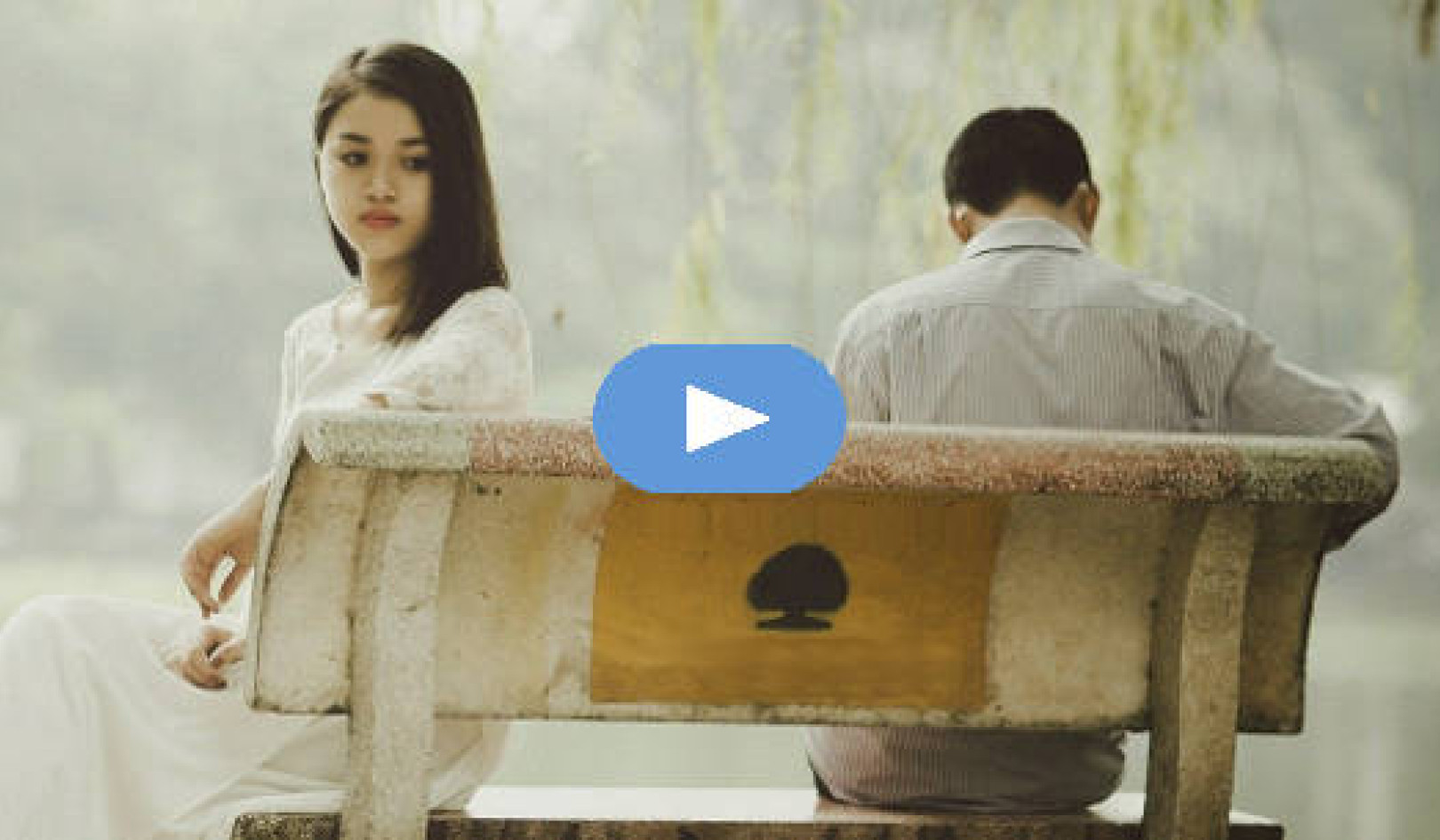 If you’re constantly clearing their path of any obstacles, how will your kids find their own way? Shutterstock
If you’re constantly clearing their path of any obstacles, how will your kids find their own way? Shutterstock
An aged-care nurse was recently telling me that their nursing home was seeing most of their World War II veterans pass away, to be replaced by baby boomers. “You know something though,” she quipped “compared to the WWIIs, the baby boomers, well … they’re so … emotionally needy!”
I found this comment very amusing (possibly more than I should have given the context), but as a grand-daughter of four WWII veterans, I knew exactly what she was talking about. My grandparents lived through the Great Depression and World War II. They were all, as a result, tough old birds.
They also had a great sense of perspective. They had all lost dearly loved ones in brutal circumstances and did not waste time stressing over what we would now term “first world problems”.
But surely, I hear you cry, something like a war causes untold psychological damage and widespread mental health problems! Well here’s the conundrum: during WWII and the period shortly after, mental health-related mortality was at its lowest.
Now there’s a range of reasons for this beyond the scope of this article. But one aspect that most psychologists agree upon is that working together to find solutions to overcome a serious problem (Hitler), even when it involves high risk and high cost, is surprisingly good for building community resilience. It also keeps your individual focus on the bigger picture and prevents you from ruminating and dwelling on a range of perceived negatives, that relatively speaking, aren’t that important after all.
Letting your kids fail
Fast forward to today’s culture, in particular the experiences we provide for our children in preparation for their lives ahead. I recently wrote an article outlining how the developing human brain “wires itself” to the environment in which it finds itself. Essentially, parents have a terrific opportunity to offer constructive experiences to their child in order to shape their brain (and therefore psychological) development, especially during “critical” or sensitive periods where the brain is most receptive and malleable.
 Kids can’t learn from their mistakes if you wrap them in cotton wool. Shutterstock
Kids can’t learn from their mistakes if you wrap them in cotton wool. Shutterstock
One thing that has fallen off the radar of modern parents is the importance of offering genuinely challenging tasks that give the child the opportunity to fail. That’s right, fail! Because in the face of failure children will need to develop some effective coping strategies to deal with their emotions; they will then need to figure out what they did wrong; and finally, adapt their approach and try again in a different way.
“Failure”, however, appears to have become a dirty word in modern parenting. In fact, avoidance of failure (and a total disregard for how important it is in progressing child development) appears to have become somewhat of an obsession in the modern parenting cohort.
Vaccinate against stress
Imagine you want your child to become a competent bike rider. The way I would suggest you do this is to start your child young, when the brain’s motor development is most receptive. Give them some training wheels to start, but little by little release your grip, even if that means they might fall off the bike a few times and risk injury. Then keep upping the ante, as they master each step, have them ride on different terrain, in harder circumstances.
This strategy will provide them with “stress inoculation” - small amounts of stress will give the child the opportunity to learn adaptive coping strategies. This “vaccinates” the child psychologically so they can respond in an adaptive and functional manner when a larger stressor comes their way.
This allows the child to learn adaptive coping functions that build failure-tolerance and resilience. Figuring out for themselves how to meet increasingly difficult challenges will build self-confidence and encourage goal-striving across the lifespan.
Let them learn what life is actually like
 Kids have to know what life is really like out there. Shutterstock
Kids have to know what life is really like out there. Shutterstock
However, the bulldozer parent takes a completely different approach. In a passive-aggressive manner they forge ahead before their child, removing all obstacles, ensuring success at every turn.
Has anyone found that is how life works when you get out there in the real world? Smooth sailing all the way?
A bulldozer style of parenting, while terribly well-intentioned and meant to “protect” the child from short-term harm, ultimately results in a psychologically fragile child, fearful and avoidant of failure, with never-learned coping strategies and poor resilience.
Now I’m not going to suggest we need something as drastic as a war to harden up our children’s psychological health. However, leaving a few natural challenges and obstacles in their path doesn’t seem too unreasonable.
The long-term negative consequences of obsessively protecting children from encountering difficulty ensures they won’t learn to solve problems, won’t learn to bounce back from failure and won’t learn to adapt their approach. In short, they won’t learn the skills they need to navigate their way to a successful future.![]()
About The Author
Rachael Sharman, Lecturer in Psychology, University of the Sunshine Coast
This article is republished from The Conversation under a Creative Commons license. Read the original article.
Related Books
at InnerSelf Market and Amazon





























